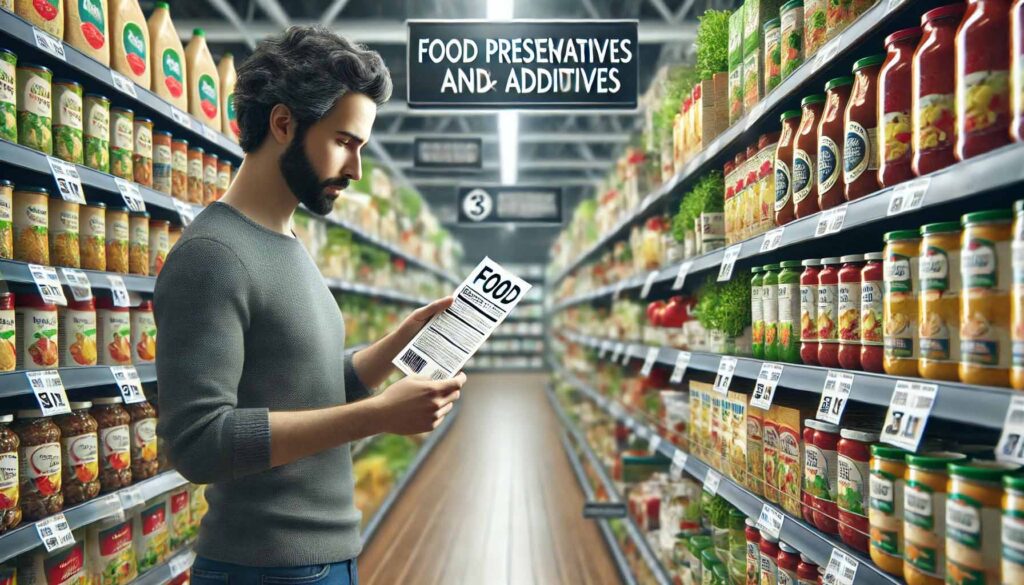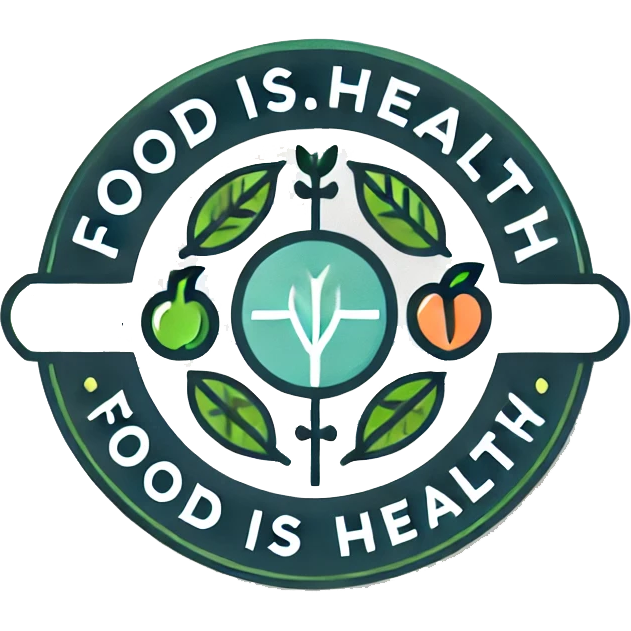Food additives are commonly used to preserve the shelf life of food, enhance flavor, or improve appearance. However, certain additives, like sodium nitrite, have raised health concerns. Sodium nitrite, found in many processed meats like bacon, hot dogs, and deli meats, helps prevent the growth of bacteria but has been linked to potential health risks when consumed in large amounts over time. Some studies suggest it may increase the risk of certain cancers due to the formation of harmful compounds called nitrosamines when exposed to high heat.
If you’re looking to reduce your intake of food additives like sodium nitrite, there are natural alternatives you can use. Along with switching to additive-free foods, you can choose natural preservatives and ingredients that are better for your health. In this guide, we’ll look at some natural alternatives to sodium nitrite and other food additives, and we’ll also explore which foods you should avoid to cut down on these additives.

Natural Alternatives to Sodium Nitrite
- Celery Powder
Celery powder is a natural source of nitrates and can be used as a preservative in place of sodium nitrite. When added to processed meats, it helps prevent spoilage and maintains the pink color, much like sodium nitrite. Celery powder contains naturally occurring nitrates, which can convert into nitrites during processing. This is why you’ll often see products labeled as “nitrite-free” or “nitrate-free” but still containing celery powder as a substitute. Opting for meats cured with celery powder instead of synthetic sodium nitrite is a healthier choice. - Sea Salt
Sea salt is a popular natural preservative. It works by drawing moisture out of foods, which prevents the growth of harmful bacteria. Sea salt can be used to cure meats, fish, and even vegetables. Look for products that use sea salt instead of sodium nitrite or other artificial preservatives. - Vinegar
Vinegar is another natural preservative commonly used in pickling. The acetic acid in vinegar inhibits the growth of bacteria and fungi, making it a great alternative to sodium nitrite in foods like deli meats, pickled vegetables, and marinades. It adds flavor while helping keep food safe for consumption. - Vitamin C (Ascorbic Acid)
Ascorbic acid, or vitamin C, is often used as a natural preservative in place of sodium nitrite. It helps slow down oxidation in processed foods, particularly meats, which extends their shelf life and prevents spoilage. You might notice that some meat products list ascorbic acid or other forms of vitamin C on the label, often in combination with celery powder. - Rosemary Extract
Rosemary extract is a natural antioxidant that can be used to preserve the freshness of foods. It helps prevent fats from going rancid and can be found in products like snack foods, baked goods, and meats. Since it doesn’t interfere with the flavor of the food, rosemary extract is becoming more common as a preservative in natural or organic food products. - Lemon Juice
Lemon juice, with its high acidity, is a natural way to preserve foods and prevent the growth of bacteria. It’s often used in salad dressings, marinades, and homemade preserves as a way to keep food fresh for longer periods without the need for synthetic additives. - Fermentation
Fermentation is a traditional preservation method that uses beneficial bacteria to keep food safe and enhance flavor. Foods like sauerkraut, kimchi, and yogurt are naturally fermented and free from artificial additives like sodium nitrite. Fermented foods not only offer preservation benefits but also promote gut health by providing probiotics.
Foods to Avoid to Reduce Your Intake of Additives
While switching to natural alternatives is a great start, knowing which foods to avoid can significantly reduce your intake of harmful additives like sodium nitrite. Here are some common food items to watch out for:
- Processed Meats
Bacon, hot dogs, deli meats, sausage, and ham are all common sources of sodium nitrite. These meats often contain preservatives to extend shelf life and maintain color, but they may also increase your risk of health issues. If you want to reduce your intake of sodium nitrite, try to limit your consumption of processed meats or choose organic or natural varieties that use alternative preservatives like celery powder or sea salt. - Packaged Snacks
Many packaged snacks, such as chips, crackers, and flavored nuts, contain artificial preservatives to keep them fresh for long periods. Look for snacks made with natural ingredients, and check the labels for additives like sodium benzoate, monosodium glutamate (MSG), and nitrates. - Canned Foods
Canned vegetables, soups, and sauces often contain preservatives to ensure they remain safe for consumption over time. While some canned foods use natural preservatives like vinegar or citric acid, many still rely on artificial additives. When shopping for canned goods, opt for varieties that are labeled “organic” or “additive-free.” - Frozen Meals
Pre-packaged frozen meals often contain a variety of artificial preservatives, flavor enhancers, and additives to maintain texture and taste. If you’re trying to avoid sodium nitrite and other food additives, limit your consumption of frozen meals and instead prepare fresh meals at home using whole ingredients. - Deli Salads
Prepared deli salads, like potato salad, macaroni salad, and coleslaw, often contain preservatives to maintain freshness. These salads may also have added flavor enhancers and artificial colors. To avoid these additives, you can make your own deli salads at home using fresh ingredients and natural preservatives like vinegar or lemon juice. - Flavored Drinks
Many sodas, energy drinks, and flavored waters contain preservatives like sodium benzoate and artificial colors to maintain their appearance and flavor. Drinking water, herbal teas, or naturally flavored beverages like infused water or homemade lemonade is a great way to cut down on your intake of food additives.
Tips for Reducing Food Additive Intake
In addition to avoiding certain foods, here are some practical tips to help reduce your overall intake of food additives:
- Read Labels: Get in the habit of reading ingredient labels carefully. Look for products that list natural ingredients and avoid those with long lists of chemicals, especially ones you don’t recognize or can’t pronounce.
- Choose Whole Foods: The fewer processed foods you consume, the lower your intake of additives. Whole foods like fresh fruits, vegetables, whole grains, and unprocessed meats are less likely to contain artificial preservatives or additives.
- Cook at Home: Preparing meals at home allows you to control what goes into your food. You can use natural ingredients and avoid the preservatives and additives found in many pre-packaged or restaurant meals.
- Buy Organic: Organic foods are often free from synthetic additives and preservatives. While organic foods can be more expensive, they are a great option for reducing exposure to artificial chemicals.
Conclusion
If you’re looking to avoid sodium nitrite and other artificial food additives, switching to natural alternatives like celery powder, sea salt, and vinegar can help. Additionally, being mindful of the foods you consume—especially processed meats, canned goods, and packaged snacks—can significantly reduce your intake of these potentially harmful additives. By opting for natural, whole foods and preparing more meals at home, you can take control of your health and reduce your exposure to food additives.
Make sure to check out more articles in our News & Views section. Feel free to reach out any time to collaborate with Food Is Health on projects which help people heal through natural food & nutrition.
Organic vs Conventional Food | Food Preservatives & Additives | Anti-Inflammatory Diets | Gut Health & Probiotics | Plant-Based Diets | Detox Diets & Cleanses | Food Allergies & Sensitivities Functional Foods | Sustainable Eating & Food Waste | Ag Related Topics | Popular Topics
